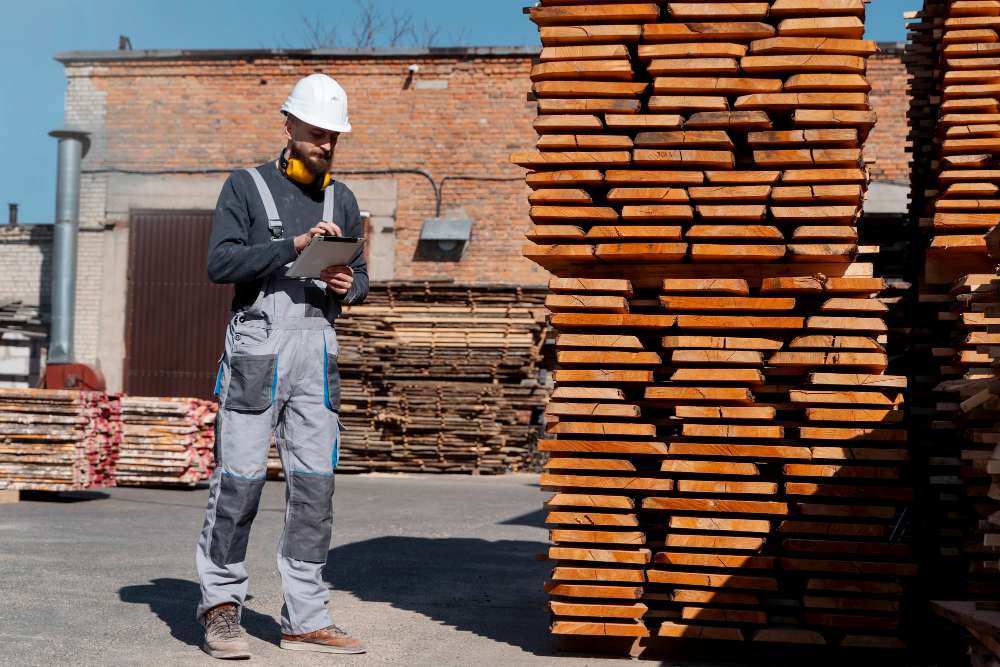In recent years, prefabricated construction materials have gained significant popularity in the American construction industry. These materials, manufactured off-site and assembled on-site, offer numerous advantages over traditional construction methods. From cost savings to improved quality control, prefabricated materials are revolutionizing building construction.
1. Cost Efficiency
One of the most significant advantages of prefabricated construction materials is their cost efficiency. Production costs are significantly reduced since the components are manufactured in a controlled factory environment. This reduction is due to the streamlined manufacturing process, which minimizes waste and maximizes resource utilization. Additionally, the ability to bulk order materials further drives down costs. These savings are often passed on to the consumer, making prefabricated construction an attractive option for budget-conscious builders and homeowners.
2. Time Savings
Prefabricated construction materials also offer substantial time savings. Conventional construction projects can be delayed by a number of things, including bad weather, a lack of manpower, and problems with the supply chain. In contrast, prefabricated materials are manufactured in a controlled environment, reducing the likelihood of delays. Furthermore, compared to conventional construction methods, the on-site assembly procedure is far faster because the components are pre-made. This efficiency can significantly reduce the overall construction timeline, allowing projects to be completed more quickly.
3. Quality Control
Quality control is another critical benefit of prefabricated construction materials. In a factory setting, stringent quality control measures can be implemented, ensuring that each component meets high standards. This controlled environment reduces the risk of human error and material defects that are common in on-site construction. Additionally, prefabricated materials are often subjected to rigorous testing before they are shipped to the construction site. As a result, builders and homeowners can feel more assured of the final structure's quality and longevity.
4. Sustainability
Sustainability is becoming a major concern in the construction sector, and prefabricated materials offer several environmental benefits. The manufacturing process of these materials generates less waste than that of traditional construction methods. Additionally, factories can better manage and recycle waste products, reducing environmental impact. Prefabricated materials also often use eco-friendly and energy-efficient materials, contributing to a greener building industry. Buyers and homeowners can reduce their carbon footprint and promote sustainability by choosing prefabricated construction.
Prefabricated construction materials are transforming the building industry with cost efficiency, time savings, quality control, sustainability, safety, design flexibility, and energy efficiency. As these materials become more prevalent, it's essential to consider their implications for your insurance coverage. You can take advantage of potential premium savings and ensure your prefabricated construction is sufficiently protected by contacting your insurance provider. Embrace the future of construction with prefabricated materials and enjoy their numerous benefits.

